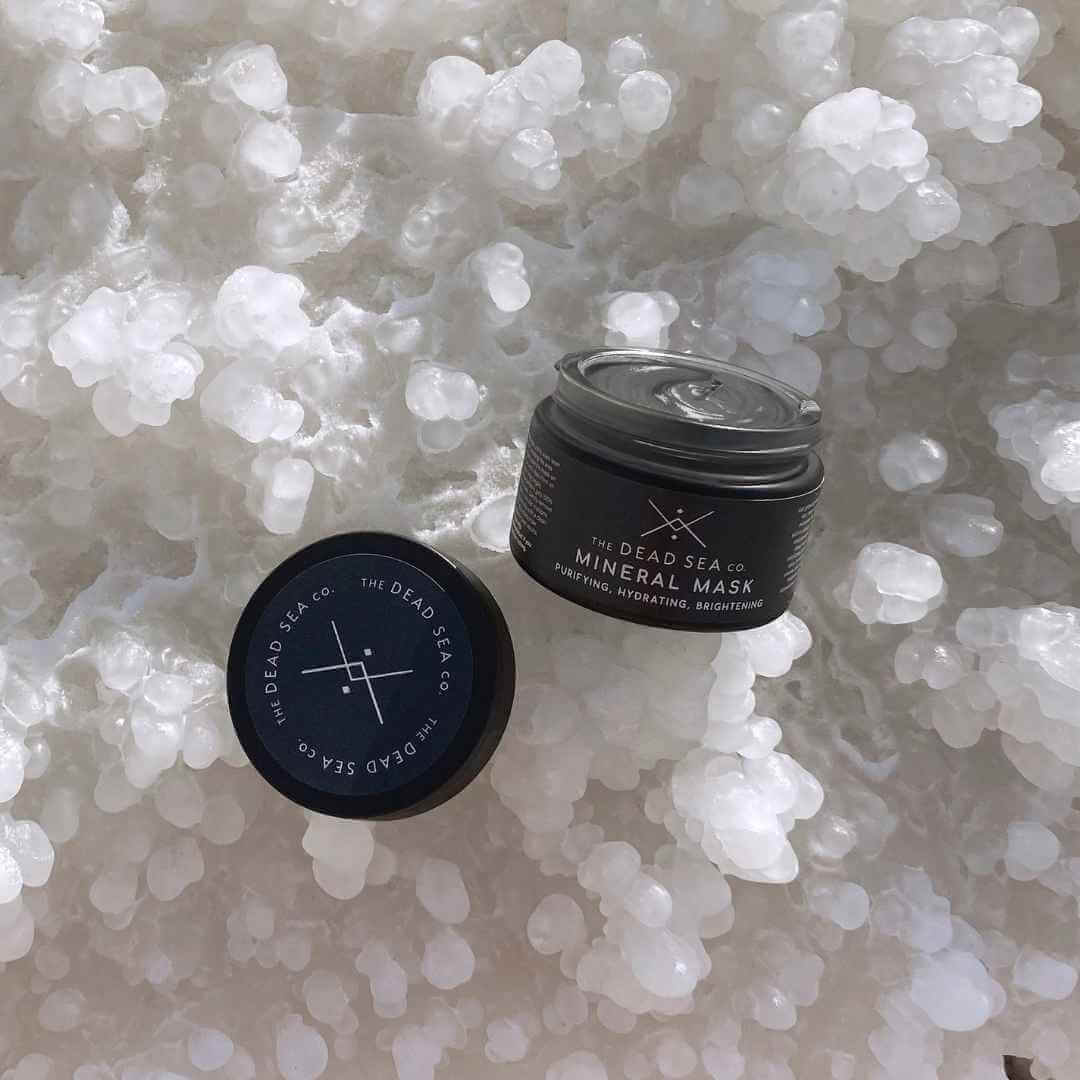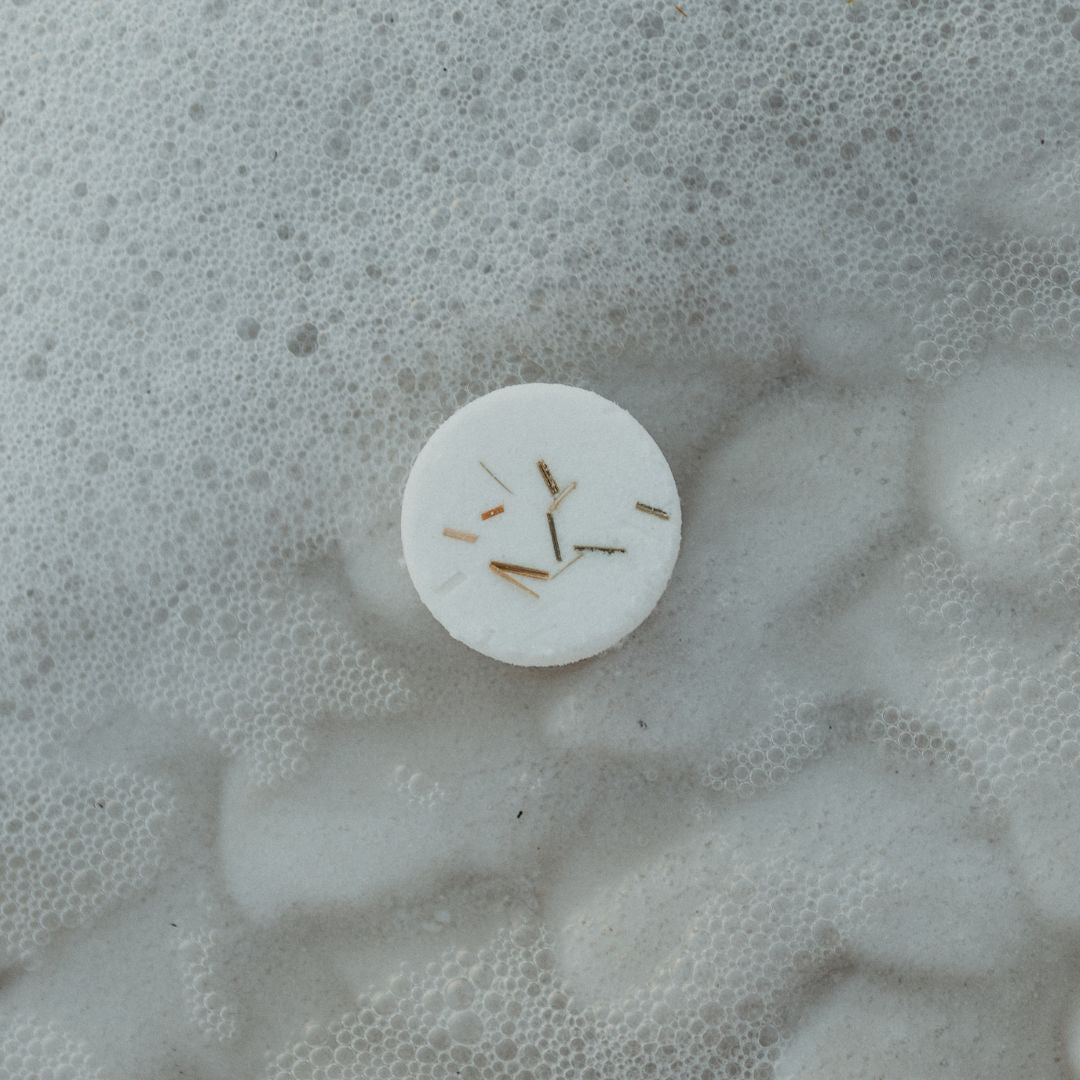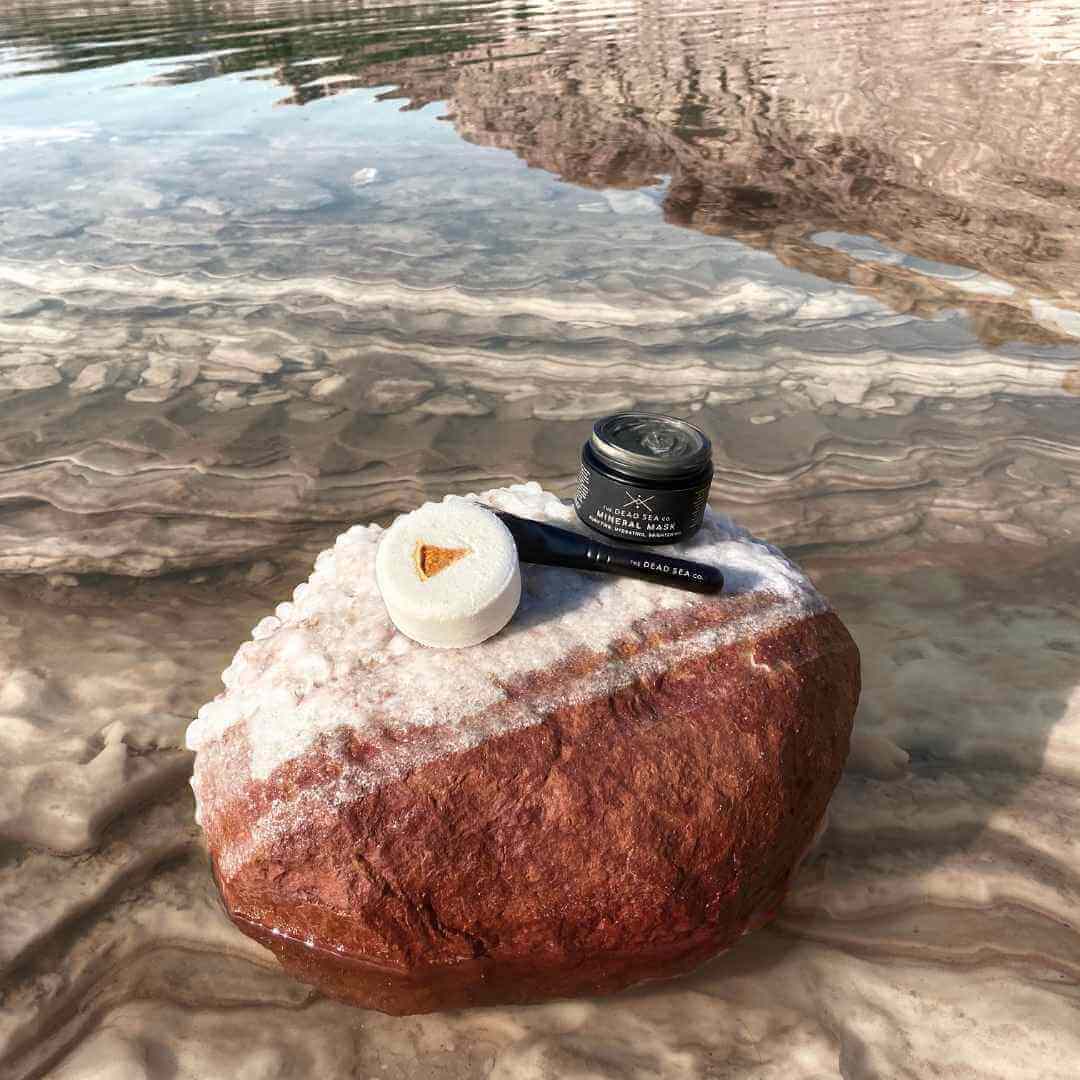MUD MASK VS. CLAY MASK: WHAT YOUR SKIN ACTUALLY NEEDS
When it comes to face masks, the options can feel overwhelming. Mud or clay? Detoxifying or hydrating? The truth is, while both mud and clay masks have their place, understanding how they really work can help you choose the right one for your skin’s needs without the guesswork.
In this post, we’ll break down the key differences, benefits, and when to use each. And yes, we’ll make a case for why mineral-rich Dead Sea mud is more than just a skincare trend, it’s a ritual your skin might quietly be craving.
Join & Win: Monthly Wellness Giveaway
Join our community and enter our monthly giveaway for a chance to experience The Dead Sea Co.’s most loved self-care essentials.
Join & Win: Monthly Wellness Giveaway
Join our community and enter our monthly giveaway for a chance to experience The Dead Sea Co.’s most loved self-care essentials.
WHAT IS A MUD MASK?
Mud masks are made from natural mineral mud, often sourced from places like the Dead Sea. What sets mud apart is that it’s already a balanced blend of earth, water, and skin-nourishing minerals like magnesium, calcium, potassium, and zinc
Unlike some harsher mask types, mud masks don’t just draw out impurities. They also replenish your skin, helping it feel soft, hydrated, and balanced. They’re ideal for people with dry, sensitive, or mature skin or anyone looking for a more supportive, restorative skincare experience.
KEY BENEFITS OF MUD MASKS
- Helps calm redness and irritation.
- Detoxifies without stripping.
- Delivers essential minerals to the skin.
- Supports elasticity and skin tone.
- Doubles as a moment of mindful self-care.
Dead Sea mud, in particular, has been used for centuries in therapeutic spa rituals. It’s not a quick fix, it’s part of a longer tradition of taking care of the body and mind together.
WHAT IS A CLAY MASK?
Clay masks are made from natural clays like bentonite, kaolin, or French green clay. These masks are incredibly absorbent, which makes them great for oily, acne-prone, or congested skin types. They pull out excess oil, unclog pores, and can leave your skin feeling squeaky clean.
But that strength comes with a downside: clay masks can be too drying, especially if used too often or left on too long. They’re best used sparingly and always followed by hydration.
KEY BENEFITS OF CLAY MASKS
- Absorbs excess oil and sebum.
- Unclogs pores.
- Can help with surface-level breakouts.
- Often gives a matte finish.

HOW TO CHOOSE BASED ON YOUR SKIN'S NEEDS
The best face mask is the one that meets your skin where it is right now.
If your skin feels tight, reactive, or dull: A mineral mud mask can help calm inflammation, restore moisture, and gently purify.
If you’re dealing with excess shine or breakouts: A clay mask may help reset oil production and clear congestion, but go easy and follow with moisture.
Or try multi-masking:Use clay in your oilier T-zone and mud on drier areas like the cheeks or jaw. A custom approach can make a big difference
Why the Minerals in Dead Sea Mud Matter
Dead Sea mud isn’t just any mud. It’s naturally rich in minerals that offer real skin benefits:
- Magnesium helps reduce redness and supports skin hydration.
- Calcium encourages healthy cell turnover.
- Zinc is known for calming inflammation and targeting breakouts.
- Potassium helps keep skin soft and balanced.
- Iron supports circulation and radiance.
These minerals work together to nourish and detoxify, which is why Dead Sea mud has been prized in wellness rituals for generations. It’s skincare that works deeper without harshness.
Why a Mud Mask Might Be the Better Choice
Clay masks serve a purpose, especially for oil control. But for most skin types, especially those experiencing dryness, sensitivity, or stress, mud masks offer a more well-rounded approach. They don’t just remove impurities; they leave your skin feeling supported and replenished.

Why Select The Dead Sea Co.
At The Dead Sea Co., our Mineral Mud Mask is made with 100% pure Dead Sea mud, no fillers, no added water, and no harsh chemical sterilisation. Just the real thing, rich in natural minerals, blended with nourishing oils and antioxidants to calm, clarify, and brighten.
It’s a skincare ritual that delivers visible results and a few minutes of calm while you’re at it.
FAQs
Is a mud mask better than a clay mask?
It depends on your skin. Mud masks are generally more hydrating and less drying than clay masks, making them ideal for sensitive or combination skin.
Can I use both in my routine?
Yes. Try multi-masking or alternating depending on how your skin feels. Clay for oil control, mud for hydration and calm.




